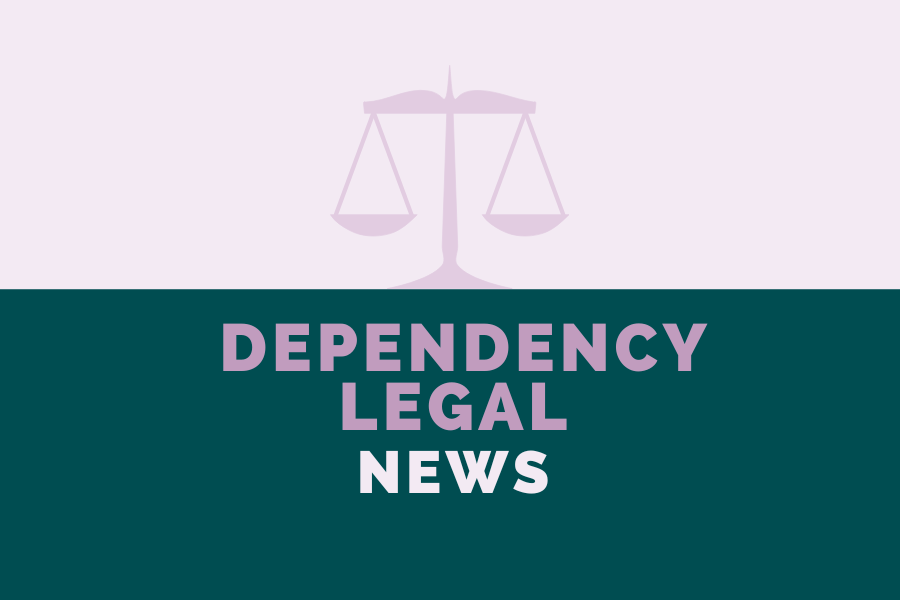
Review the most recent legal developments in dependency case law. Our talented in-house Writ Team provides an in-depth analysis on In re D.M.
In re D.M.—filed 5/07/2024; Fourth Dist., Div. Two
Docket No. E082401; 101 Cal.App.5th 1016
Link to case: https://www.courts.ca.gov/opinions/documents/E082401.PDF
THE DUTY TO INQUIRE OF KNOWN RELATIVES APPLIES ONLY IF
THE CHILD IS PLACED INTO TEMPORARY CUSTODY WITHOUT A
WARRANT.
During an initial child welfare agency investigation, D.M.’s mother, father,
and several relatives denied having any reason to believe D.M. was an Indian
child. At the initial hearing, the juvenile court detained D.M. from his father,
released D.M. to his mother, and found ICWA did not apply. A month later,
D.M.’s mother was arrested for battery and driving under the influence. The
agency obtained a protective custody warrant and took D.M. into protective
custody. The court then detained D.M. from his mother and again found
ICWA did not apply. At a contested jurisdiction and disposition hearing, the
juvenile court took jurisdiction, removed D.M. from his parents’ care, and
ordered reunification services for the parents. The parents failed to
successfully reunify with D.M., and the court ultimately terminated parental
rights at a section 366.26 hearing. Mother appealed the order terminating
her parental rights arguing the court erred by not requiring the agency to
conduct an adequate initial inquiry under the ICWA because the agency did
not ask several extended family members whether they had any Native
American ancestry.
Affirmed. The Court rejected mother’s assertion of ICWA error, applying the
principles announced in In re Robert F. (2023) 90 Cal.App.5th 492, 497
(Robert F.), review granted July 26, 2023, S279743, and In re Ja.O. (2023) 91
Cal.App.5th 672, 677–678 (Ja.O.), review granted July 26, 2023, S280572.
The duty of initial inquiry applies in every dependency proceeding. The
juvenile court must ask each participant at the start of child custody
proceedings whether the participant knows or has reason to know the child is
an Indian child. Additionally, section 224.2, subdivision (b) provides that “[i]f
a child is placed into the temporary custody of a county welfare department
pursuant to Section 306 or county probation department pursuant to Section
307,” then the department’s initial inquiry duty includes asking “extended
family members” about the child’s Indian status. Section 306 authorizes the
agency to take a child into temporary custody without a warrant when there
are emergency circumstances, such as an immediate threat to the child’s
safety. Here, the agency detained D.M. pursuant to a protective custody
warrant, not pursuant to section 306. As such, the agency was not obligated
to interview extended family members about D.M.’s potential Native
American ancestry. As articulated in Robert F. and Ja.O., the plain meaning
and legislative intent of section 224.2, subdivision (b), is clear. The agency’s
duty to inquire of extended relatives is triggered when the child is taken into
temporary custody according to section 306 only. The express language in the
statute limiting the scope of the agency’s obligation to make extended relative inquiries to situations where section 306 applies is reasonable and complies with Federal and BIA guidelines. Contrary cases relying on In re
Delila D. (2023) 93 Cal.App.5th 953 (Delila D.), review granted September 27,
2023, S281447, are not persuasive because the Delila D. analysis calling for a
“universal requirement of extended family inquiry” contrives the plain
meaning of the statute and BIA guidelines, and results in considerable extra
work for already overburdened social workers and juvenile court judges.
Because D.M. was taken into custody pursuant to a protective custody
warrant, the expanded duty of initial inquiry under section 224.2, subdivision
(b) was never triggered. The order terminating parental rights is affirmed.
(TL)
